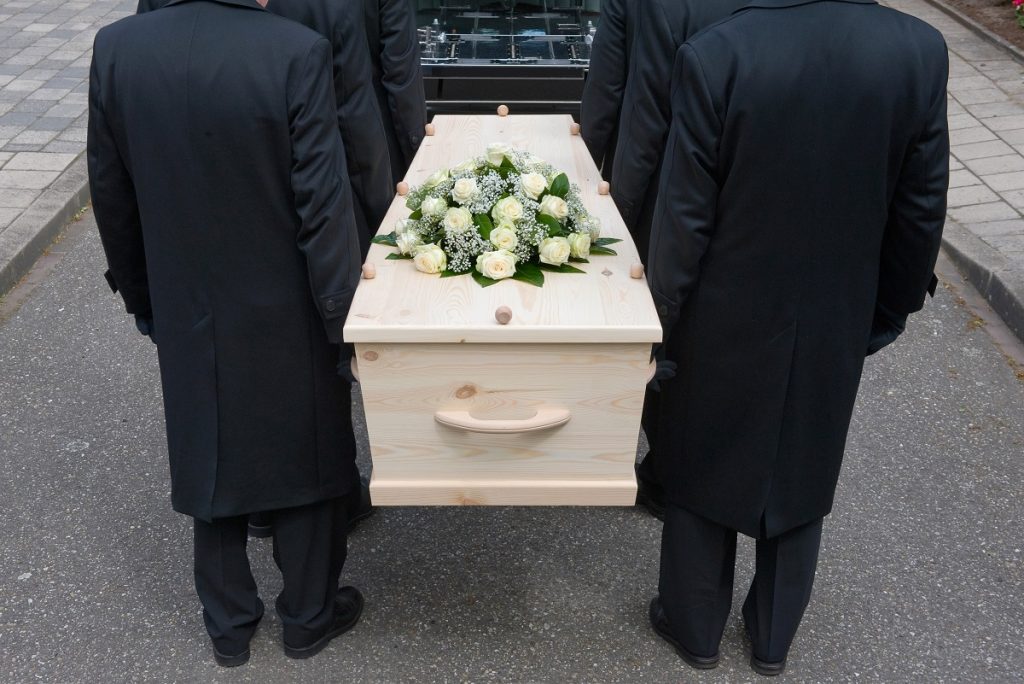One of the essential principles in Stoicism is memento mori. It simply translates to “Remember, one day you will die.” While it sounds morbid and scary—many still don’t want to talk about death—its purpose is actually the opposite.
Memento mori is a clear reminder that as long as you’re here, you have a purpose and meaning, one of which is to celebrate life. Second, it’s to prepare for it while you still can. If you cannot avoid death, you might as well make sure it is happy and peaceful.
But how do you achieve that? Here are three tips you can consider:
1. Decide How You Want Your End Can Be
Granted, the future is the one thing we never know about. You can be the healthiest individual and meet an accident the following day that may lead to your untimely demise.
You may never be able to control the future or your end, but you can somehow increase the chances of leaving this world with the least amount of pain. You can decide what happens on your remaining days should it happen.
For example, would you like to spend your last moments at home or stay in hospice care? Would you like to formally say goodbye to friends and family, or would you want to be left alone?
How about when you get severely injured or sick and cannot decide on your own anymore? Who will make the medical decisions on your behalf? You may create a healthcare directive, assigning someone (it doesn’t have to be a family member) to do so.
Would you like to be buried or cremated? These days, you can already buy environment-friendly coffins. Would you consider that for yourself?
2. Create an Estate Plan

Probably one of the biggest tragedies in any family is to end up fighting over inheritance or disputing property claims. Sadly, they can fight for a variety of reasons.
If you have considerable assets, you may want to create an estate plan to prevent or minimize these squabbles. What will the plan cover?
- Taxes: Death doesn’t exclude you—or at least your family members—from paying taxes. Some states have estate or inheritance taxes. Even if they don’t, there’s the federal estate tax. If your total assets are less than $11 million, then well and good. Otherwise, you may need to settle the tax on the excess, and the rate can be as high as 40%. Estate planning can help you and your family lower or avoid taxation and prevent the freezing of your assets.
- Distribution of assets: In other words, who gets what? If the person doesn’t have a will, the state is likely to follow the intestate succession. Usually, a bulk of that goes to the surviving spouse, followed by the children. But it’s not as simple as that in reality because (1) many family trees are blended these days, and (2) rules can vary between states. The complexity of familial relationships can be one of the reasons for the disputes.
- Payment of debt: Besides taxes, debts don’t go with you to the grave. Usually, the estate pays off the loans. Else, the spouse may take the financial burden, depending on the law. Estate planning can already help anticipate these debts, so you can find ways to pay them after you die without passing the responsibility to your bereaved loved ones.
3. Plan the Best Day
A common activity of the Stoics is to conduct a life review at the end of the day. What have they accomplished? How did it go? One of the primary purposes is to ensure they don’t get to waste a moment on something that may not really add value to their lives.
If you were to plan the best day, how would it look like? Do you see yourself volunteering in an animal shelter or taking your favorite vehicle for a ride? Do you think about spending the entire day with your children or grandchildren, perhaps?
One of the beauties of this exercise is you may be able to find purpose and meaning, which you may have been searching for, for a long time. A 2017 study has shown that purpose can help you sleep well at night. Now, isn’t this one of our definitions of happiness?
In the United States, the average lifespan is nearly 80 years old. People are living almost 10 years longer than their parents and grandparents in the 1960s. But one’s life may also be short.
While you cannot say when you will bid adieu, you can do something each day you get to wake up, including preparing for a good death.



